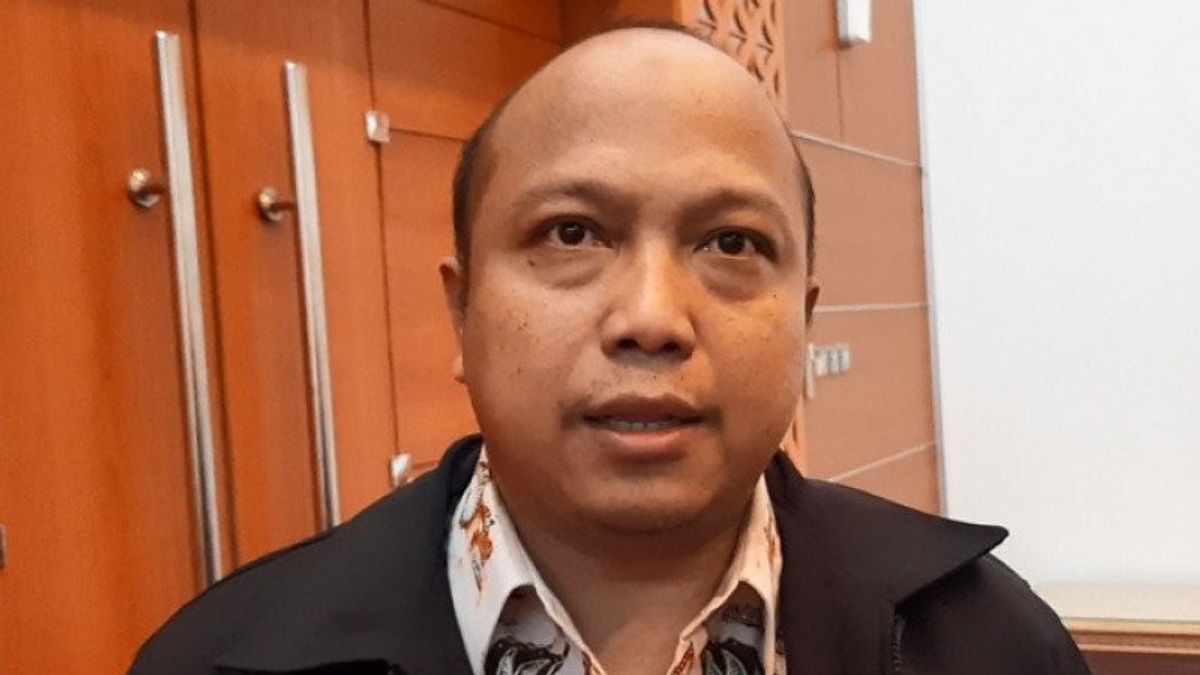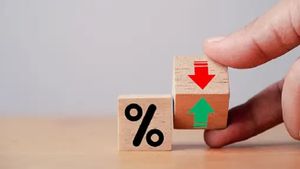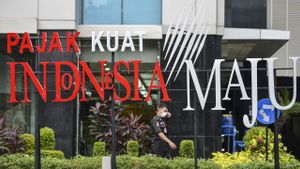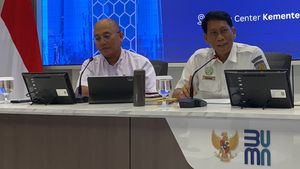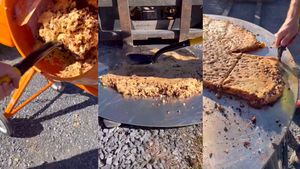JAKARTA - Indonesian President Joko Widodo (Jokowi) will soon announce a policy to ban raw copper exports, in the near future.
The decision follows a similar policy that has been in effect for nickel and bauxite as of June.
Responding to this question, Executive Director of the Institute for Development of Economics and Finance (Indef) Tauhid Ahmad said, there are two things that the government must pay attention to, namely the readiness of downstreaming and investors.
"First, of course, it must be considered whether the industry from its derivatives is ready or not. When you want to stop, the industry at tier level two or three to produce semi-finished goods is ready or is there yet," said Tauhid when contacted by VOI, Thursday, February 2.
"Don't let this policy be decided, but (the derivatives of the industry) don't exist or are not ready. If it's not ready, right, there will be a shock, there will be a vacancy. Well, this is what I think must be prepared," he continued.
Next, said Tauhid, the government must look at it from the investor side.
If this crude copper export stop policy is implemented, but not a single investor enters, it will only cause losses to Indonesia itself.
"When I want that policy, I think there should be a grace period, yes, for example, Indonesia will stop for about six months or the next year. Well, investors please enter Indonesia or Indonesia cooperate with investors, but there is certainty, we want to stop, we have partnered with investors, here," he said.
Tauhid said that the downstream policy could have a positive impact on the Indonesian economy, but it must be in line with the entry of investment into the country.
"In my opinion, I can (increase per capita income) as long as there is an incoming investment, if there is no investment entering for downstreaming, yes, that item, right, can't do anything. Well, if for example it already exists and is ready within a year, yes, it means there will be an impact," he explained.
According to Tauhid, these two things must be considered by the government before imposing a policy to prohibit the export of crude copper, so that the targeted initial goals can be achieved.
"When there is a policy, what kind of downstream readiness, whether anyone wants to invest. Don't let (investors) not enter, investment doesn't move, exports can't, that's also wrong," he concluded.
The English, Chinese, Japanese, Arabic, and French versions are automatically generated by the AI. So there may still be inaccuracies in translating, please always see Indonesian as our main language. (system supported by DigitalSiber.id)
